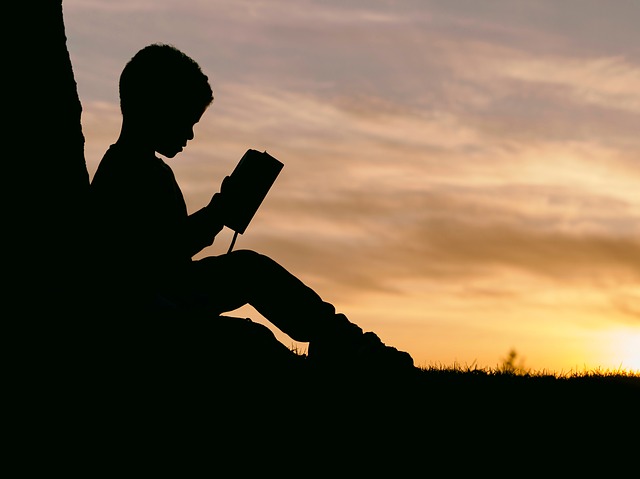Doe-eyed Anne Frank wrote in her infamous autobiography The Diary of a Young Girl: “I think a lot, but I don’t say much.” Little did she know she would end up saying more about the period of time she lived through—the Holocaust—than almost anyone else. School children all over the world (including me) read her book and learned about the events that led to the genocide of approximately 11 million people.
Her words echoed in my heart, a hollow reminder that I was not the only young girl to experience tragedy. The smile on her face in most of the pictures, are forever imprinted in my mind. I keep things in the far reaches of my memory that both startle and shake me awake. The world was—and is—a dangerous place.
After the lovely life of Anne Frank ended, a couple decades later in the 1960s, a Canadian psychiatrist by the name of Dr. Vivian M. Rakoff started noticing something among children of Holocaust survivors: the rates of emotional struggle and psychological distress were off the charts. This was the moment that the concept of “generational or intergenerational trauma” was born.
Another generation after this, more research was conducted that showed how grandchildren of Holocaust survivors were referred for mental health care 300% more than the general population. Dr. Gayani DeSilva, a child and adolescent psychologist notes that “Trauma affects genetic processes, leading to traumatic reactivity being heightened in populations who experience a great deal of trauma.”
A simpler way to put it? Trauma causes havoc on our minds, bodies, and spirits and this can impact our families for generations to come. This is not just a convenient hypothesis from someone whose family lineage has been rocked to the core with trauma in varying shades of dark. Research shows this. Smart people with a bunch of degrees have studied it. People’s experiences of surviving horrible trauma like war and slavery have led to correlations that are too strong to dismiss.
Intergenerational Trauma Today
Dr. Anita Philips, a psychologist and trauma specialist notes in an interview on the Made for This Podcast with Jennie Allen:
When you’re in the moment, sometimes it’s hard to see, but when we look back over history, when we look at past pandemics and massive incidents that we’ve lived through like 9/11, we all recognize that those are traumatic experiences. We don’t have to wait until this is over to recognize what is happening. We are experiencing trauma.
Lately, I’ve been wondering: how is this period of time in history going to impact my children and their children (assuming, you know, all’s well by then, ahem, Earth)? And more than that (and more concerning), how is my traumatic past and history with addiction going to affect them?
At the time I’m writing this, I am learning how to support my kids as they are starting to exhibit “germ” fears, even wanting to wear the masks they wear at preschool around the house as they play. My son wonders about the monsters down the hall and my daughter won’t go within one hundred yards of anyone who doesn’t look like a middle-aged van-driving mom (like me). I’m not sure what the future holds, but in my own experience, I know what the past has released in my own life.
Don’t Worry, There is Good News
While all of this feels pretty bleak (I’m hoping you are still reading), there is some good news. Education is one of the most important ways to start breaking the cycle of intergenerational trauma. When we have awareness of these issues, we are able to spend time and energy on healing from them. We can share about our experiences and our families with trusted friends, mentors and sponsors.
Along with education, being able to identify self-talk or internal thoughts and emotions as coming from a broken place or related to our intergenerational trauma can also be helpful. Therapists and other mental health professionals use what’s called an Internal Family Systems Therapy (IFS) approach. In recovery spaces, we can start talking about the histories of our families, what we’ve experienced and what they have experienced and how this has impacted us.
In my experience, I have lived with the consequences of a broken and hurting world, and I have also been freed from the bonds of my own gnarly family tree. The good news is that we have the ability to take action. We don’t have to—I don’t have to—repeat the same mistakes and re-live the same trauma as my family. While taking the first step towards healing might not be easy, just like in addiction recovery, it is possible. I can testify to that. Today can be a new beginning for your life and recovery.






